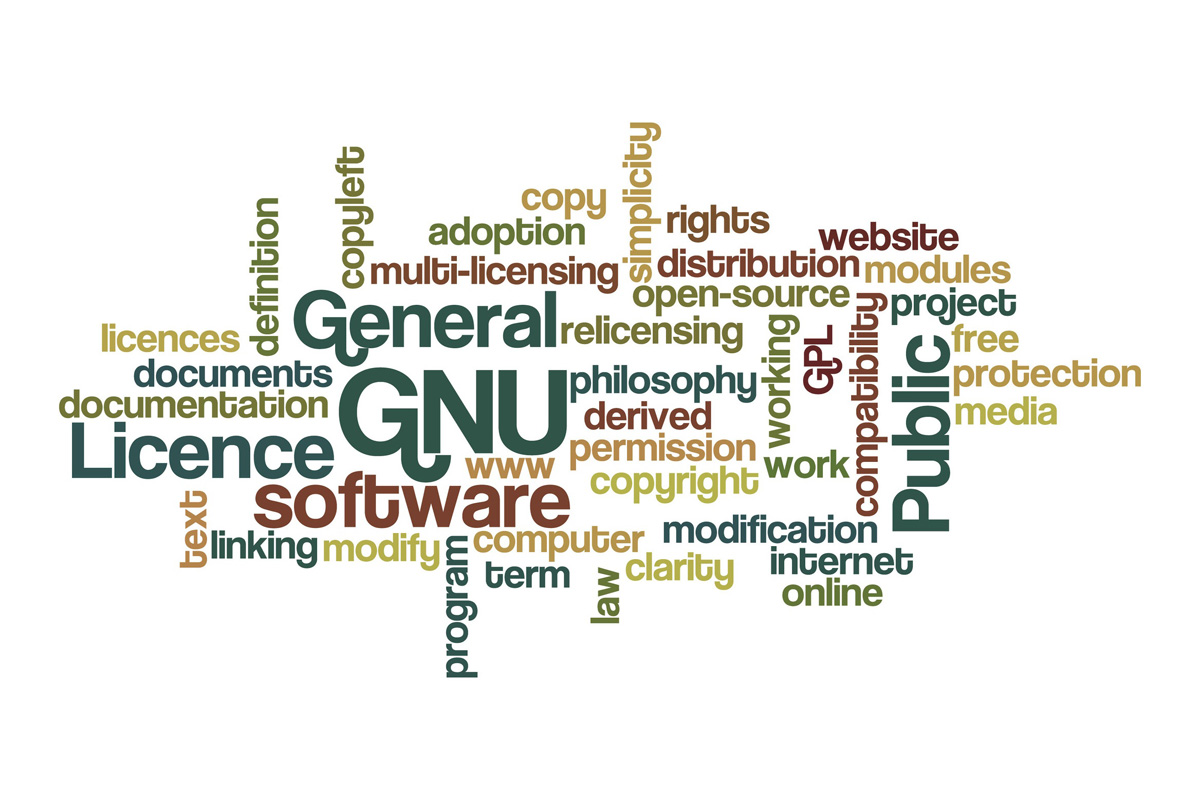GCC and LLVM - What's in a licence?
Richard Hillesley discusses the pros and cons of the GCC and LLVM compiler collections, and the difference a licence makes.

GCC, the ultimate portable compiler, otherwise known as the GNU Compiler Collection, has been around since 1987. LLVM, first came onto the scene seven years ago in the form of a paper entitled "Architecture for a Next-Generation GCC", which was presented to the 2003 Annual GCC Developers Summit by Chris Lattner and Vikram Adve.
LLVM was conceived as a modular version of GCC, and has had some success as a more malleable alternative to GCC.
GCC is part of the GNU project, and was originally developed by Richard Stallman (with help from Len Tower and others) as a C Compiler and building block for the GNU operating system. The first versions of GCC only supported the C language on a limited number of architectures, but over the years GCC and its spin-offs evolved into a generic compiler for a broad kaleidoscope of programming languages and platforms.
When GCC came on the scene compilers were an expensive commodity. GCC was fast, affordable and extendable and became a ground breaking tool for free software, for mobile device developers, and for those writing software that was intended to be portable across the proprietary implementations of Unix or other OS platforms. GCC brought free software to places it hadn't been before.
Get the ITPro daily newsletter
Sign up today and you will receive a free copy of our Future Focus 2025 report - the leading guidance on AI, cybersecurity and other IT challenges as per 700+ senior executives
-
 Bigger salaries, more burnout: Is the CISO role in crisis?
Bigger salaries, more burnout: Is the CISO role in crisis?In-depth CISOs are more stressed than ever before – but why is this and what can be done?
By Kate O'Flaherty Published
-
 Cheap cyber crime kits can be bought on the dark web for less than $25
Cheap cyber crime kits can be bought on the dark web for less than $25News Research from NordVPN shows phishing kits are now widely available on the dark web and via messaging apps like Telegram, and are often selling for less than $25.
By Emma Woollacott Published